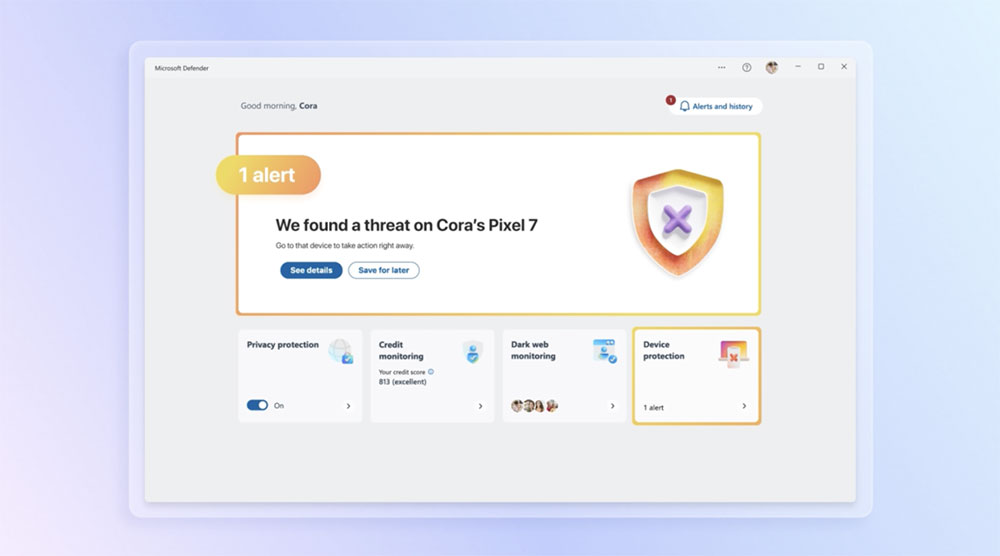
Apple Resolves Siri Privacy Case: Could You Qualify for Compensation?
January 2025
Apple Inc. has reached a settlement agreement in a class-action lawsuit concerning the privacy issues of its Siri voice assistant. The lawsuit, which was brought forward by users in the United States, alleged that Apple had not properly informed its users that their interactions with Siri were being recorded and reviewed. The settlement, which still requires court approval, would see Apple paying $95 million to affected users.The crux of the issue was that Apple was using human reviewers to listen to Siri interactions in an effort to improve the system’s performance and accuracy. However, the fact that these recordings were being reviewed without the explicit knowledge or consent of the user was seen as a violation of user privacy rights.Those who are eligible for compensation under the terms of the settlement are iPhone, iPad, iPod Touch, or Apple Watch owners in the United States who used Siri between October 12th, 2011 and September 26th, 2019. The amount of compensation that eligible claimants can expect to receive will depend on the number of people who submit claims.Following the lawsuit, Apple has made changes to its privacy policy. Users now have the ability to opt out of having their Siri interactions reviewed by humans. In addition, Apple has made it clear that only a small random subset of Siri requests are used for the purpose of improving Siri’s functionality.While Apple has agreed to the settlement, the company has not admitted to any wrongdoing. Apple continues to maintain that it respects user privacy and that its practices were in line with its privacy policy at the time. The settlement merely allows Apple to avoid a lengthy and potentially costly court battle.The lawsuit and subsequent settlement emphasize the growing concern over user privacy rights in the digital age. Companies are increasingly being held accountable for their data collection and usage practices. This case serves as a reminder of the importance of clear and transparent communication with users about how their data is being used.









